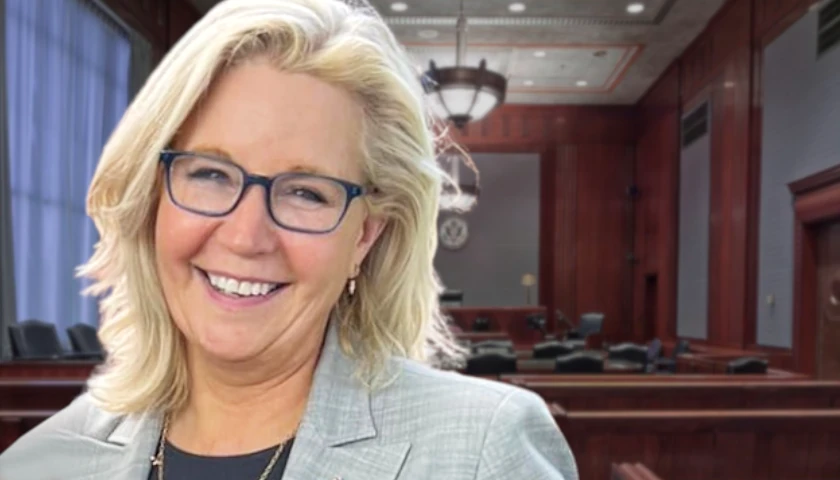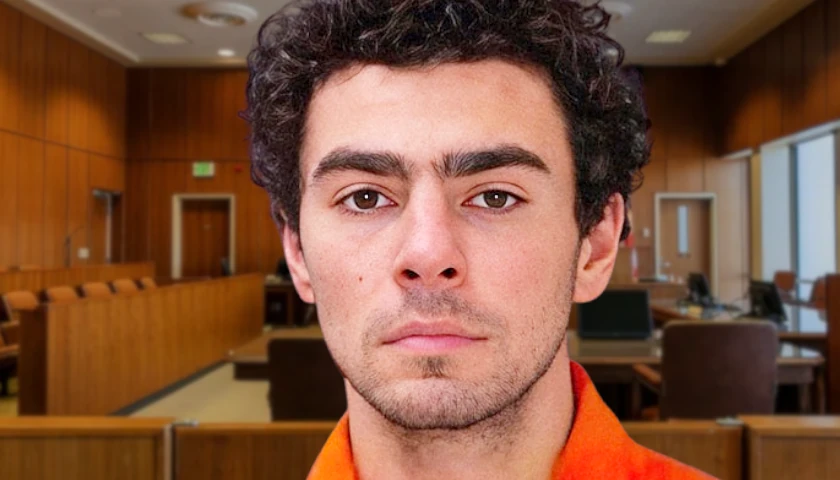by Scott McClallen
Gov. Gretchen Whitmer on Wednesday signed into law three distracted driving bills requiring hands-free cellphone use.
The bills provide exceptions such as hands-free use, emergency use, using a device’s navigation feature as long as the information isn’t entered by hand, or using a single button press, tap, or swipe to activate or deactivate a device or to select a name or phone number.
House Bills 4250, 4251, and 4252 aim to prohibit holding or using a cell phone while driving a vehicle, including using it for texts, calls, videos, and on social network sites.
“Too many Michiganders have lost loved ones to distracted driving, and everyone should be safe on their way to school, home, or work,” Whitmer said in a statement. “We developed our last Strategic Highway Safety Plan in 2019 and already we have seen a reduction in the number of fatalities caused by distracted driving. These bills are another step toward reducing that number even further. Our goal is to see zero traffic deaths by 2050 and I know that by working together we can get it done.”
Violations could result in a civil fine, community service, or points assessed on the driver’s driving record, a mandatory driver’s course, or even a license suspension.
House Bill 4251 would require the secretary of state to suspend an individual’s driver’s license for a range of time upon violation conviction if that person has a commercial learner’s permit.
Current law prohibits a driver from texting and driving in a moving vehicle. Sanctions for violating this new law while operating a vehicle other than a school bus or commercial vehicle would be the following:
- For a first violation, pay a $100 civil fine or perform 16 hours of community service, or both.
- For a subsequent violation, pay a $250 civil fine or perform 24 hours of community service, or both.
- If an individual is responsible for three or more civil infractions for violations within three years, a court can order the person to complete a basic driver improvement course within a reasonable time as determined by the court.
A civil fine would double if while violating the above rules, the individual was involved in an accident where they were at fault.
“Too many of us have seen first-hand the harmful consequences and damage caused because people were not fully paying attention to the road while behind the wheel,” Rep. Tyrone Carter, D-Detroit, said in a statement. “Current Michigan law doesn’t go far enough to protect drivers on the road, and this legislation is changing that. Simply banning texting is not enough with evolving technology and the convenience of smartphones.”
Three and a half years after the bill’s effective date, the Michigan State Police must submit a report to the Senate majority leader, the House speaker, and the governor that includes the number of citations given for violations, the race and ethnicity of the individuals given those citations, and the number of vehicle crashes, serious injuries, and deaths caused by those violations.
“This legislation is about changing the culture for our young drivers and saving lives,” Rep. Mike Mueller, R-Linden, said in a statement. With progressing technology, the new law will reinforce good driving practices, which will ultimately lead to safer roads for all drivers. Other states that have enacted these policies have seen proven drops in vehicle collision fatalities.”
The goal is to reduce distracted driving and fatalities. About 2,765 motor vehicle crashes occurred in Michigan in 2021 where a driver was using a cell phone, according to Michigan Traffic Crash Facts. Twenty-one of those crashes involved a fatality.
– – –
Scott McClallen is a staff writer covering Michigan and Minnesota for The Center Square. A graduate of Hillsdale College, his work has appeared on Forbes.com and FEE.org. Previously, he worked as a financial analyst at Pepsi.
Photo “Gretchen Whitmer” by Gretchen Whitmer.





